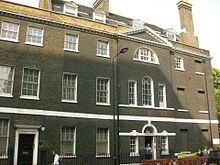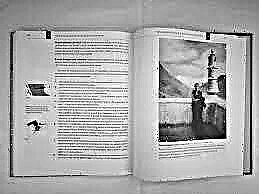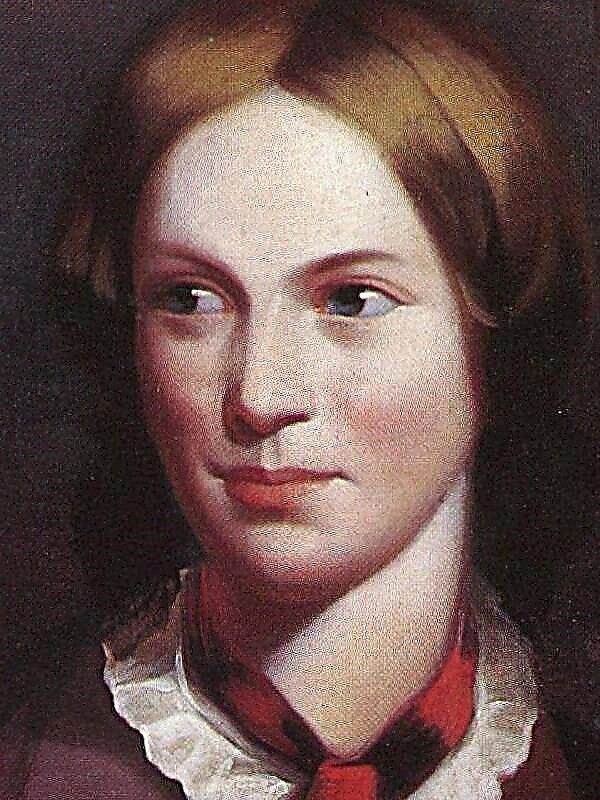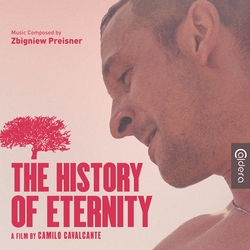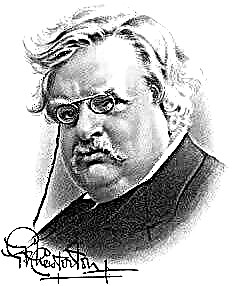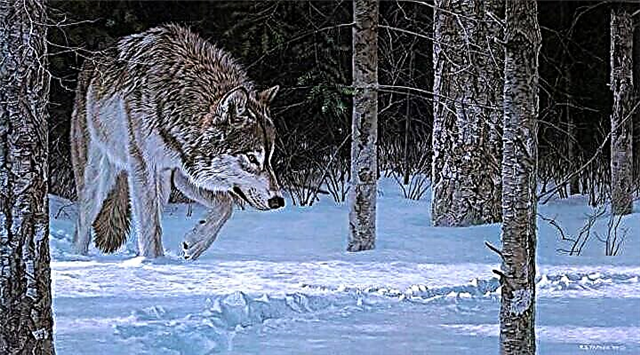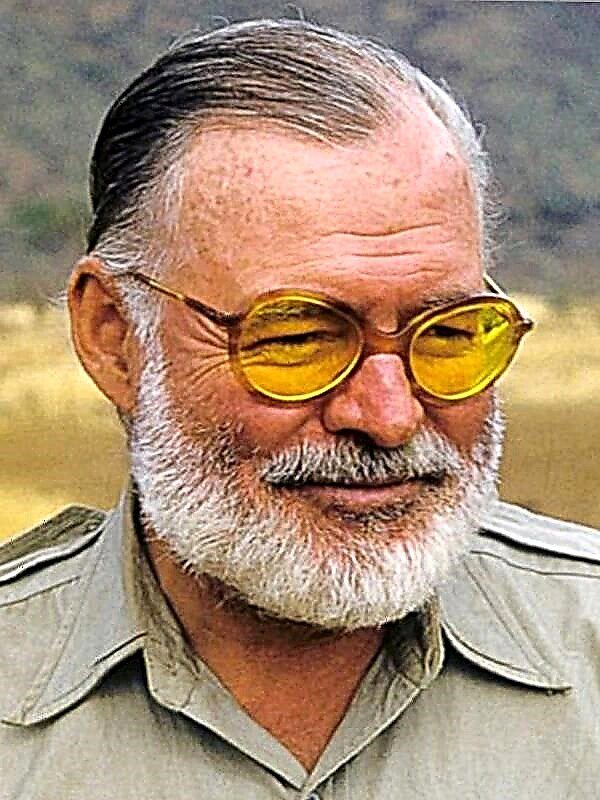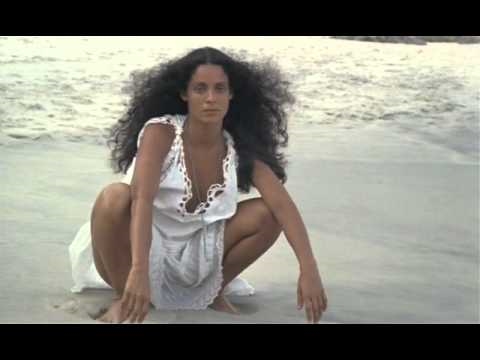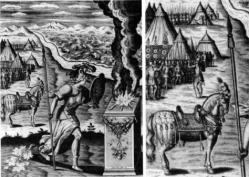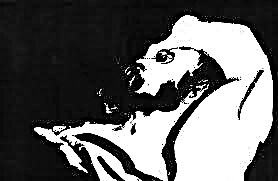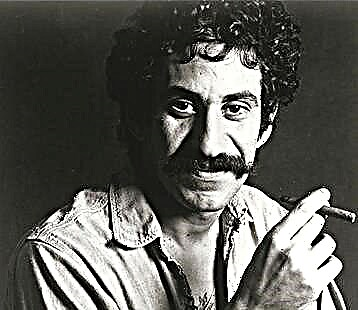The book, in essence a memoir, describes the first ten years of a child's life (1790s) spent in Ufa and the villages of the Orenburg province.
The author reproduces children's perception, for which everything is new and equally important, events are not divided into main and secondary: therefore, in the “Children's Years” the plot is practically absent.
It all starts with incoherent, but vivid memories of infancy and early childhood - a person remembers how he was taken from his nurse, he remembers a long illness from which he nearly died - one sunny morning when he felt better, a strange form of a bottle of raineweed, a hanging pine resin in a new wooden house
With each memory of Seryozha, "the constant presence of the mother" merges, who came out and loved him, perhaps, therefore, more than her other children.
Successive memories begin at the age of four. Seryozha with his parents and younger sister live in Ufa. The disease “brought to extreme susceptibility” the nerves of the boy. According to the nanny, he is afraid of the dead, darkness and so on. (various fears will torment him further). They taught him to read so early that he does not even remember it; he had only one book, he knew it by heart and every day he read aloud to his sister; so when the neighbor
The mother, exhausted by Seryozha’s illness, was afraid that she herself fell ill with consumption, her parents gathered in Orenburg for a good doctor; the children were taken to Bagrovo, to the father’s parents. The road struck the child: moving across Belaya, collected pebbles and fossils - “ores”, large trees, overnight stays in the field, and especially fishing on Deme, which immediately drove the boy crazy no less than reading, fire obtained by flint, and fire of a torch, springs
The people met along the way are not only new, but also incomprehensible: the joy of the clan Crimson peasants who met their family in the village of Parashin is incomprehensible, the relations of the peasants with the “terrible” headman are incomprehensible
Patriarchal Bagrovo does not like the boy: the house is small and sad, the grandmother and aunt are no better dressed than the servants in Ufa, the grandfather is harsh and terrible (Seryozha witnessed one of his crazy fits of anger; later, when the grandfather saw that “sissy” loves not only the mother, but also the father, their relationship with the grandson suddenly and dramatically changed). Children of the proud daughter-in-law, who "disdained" Bagrov, are not loved. In Bagrov, so inhospitable that they even fed children poorly, brother and sister lived for over a month. Serezha has fun, scaring his sister with tales of unprecedented adventures and reading aloud to her and his beloved "uncle" Evseich.Auntie gave the boy “Dream Interpretation” and some vaudeville, which had a strong effect on his imagination.
After Bagrov, returning home had such an effect on the boy that he, again surrounded by common love, suddenly grew up. Young mother brothers and military guests who have graduated from the Moscow University noble boarding house are visiting the house: Seryozha learns from them what poetry is, one of the uncles draws and teaches this Seryozha, which makes the boy seem like a “higher being”.
Uncle and friend of their adjutant Volkov, playing, tease the boy, among other things, for the fact that he can not write; Seryozha takes offense seriously and once rushes to fight; he is punished and demanded that he ask for forgiveness, but the boy considers himself right; Alone in the room, set in a corner, he dreams and finally gets sick from excitement and fatigue. Adults are ashamed, and the matter ends with general reconciliation.
At the request of Seryozha, they begin to teach him to write by inviting a teacher from a public school. One day, apparently, on someone’s advice, Serezha was sent there for a lesson: the rudeness of both the students and the teacher (who was so affectionate with him at home), flogging the guilty people very much frightened the child.
Seryozha’s father buys seven thousand acres of land with lakes and forests and calls it “Sergeevskaya wasteland”, which the boy is very proud of. Parents gather in Sergeevka to treat their mother with the Bashkir koumiss, in the spring, when Belaya opens. Serezha cannot think of anything else and is watching with tension the ice drift and the flood of the river.
In Sergeyevka, the house for the gentlemen is not completed, but even this amuses: “There are no windows and doors, but fishing rods are ready.” Until the end of July, Seryozha, father and uncle Evseich are fishing on Lake Kiiski, which the boy considers his own; For the first time, Seryozha sees a gun hunt and feels “some greed, some unknown joy”. Only guests spoil the summer, though infrequently: strangers, even peers, weigh on Seryozha.
After Sergeevka, Ufa is "disgusted." Seryozha is entertained only by a neighbor’s new gift: the collection of Sumarokov’s works and the poem “Rossiada” by Cheraskov, which he recites and tells his relatives various details he had invented about his favorite characters. Mother laughs, and father worries: “Where does all this come from? You do not become a liar. " News comes of the death of Catherine II, the people swear allegiance to Pavel Petrovich; the child listens attentively to conversations of concerned adults that are not always clear to him.
The news comes that grandfather is dying, and the family is immediately going to Bagrovo. Seryozha is afraid to see his grandfather dying, afraid that mom will get sick from all this, that in winter they will freeze along the way. On the road, the boy is tormented by sad forebodings, and faith in forebodings has been rooted in him since then for his whole life.
Grandfather dies a day after the arrival of his relatives, the children manage to say goodbye to him; “All the feelings” of Sergei are “suppressed by fear”; Particularly striking is his explanation of the nanny Parasha, why the grandfather does not cry and scream: he is paralyzed, "looks into all eyes and only moves his lips." "I felt the infinity of torment, which cannot be said to others."
The behavior of the Bagrovsky relatives unpleasantly surprises the boy: four aunts howl, having fallen at the feet of his brother - “the real owner of the house”, the grandmother emphasized yields to the power of the mother, and it is disgusting to the mother. At the table, everyone except Mother cries and eats with great appetite. And then, after lunch, in the corner room, looking at the ice-free Buguruslan, the boy first understands the beauty of winter nature.
Returning to Ufa, the boy again experiences a shock: giving birth to another son, his mother almost dies.
Having become the owner of Bagrov after the death of his grandfather, Seryozha’s father retires, and the family moves to Bagrovo for permanent living. Rural work (threshing, mowing, etc.) occupies Seryozha very much; he does not understand why mother and little sister are indifferent to this.The good boy is trying to feel sorry and comfort the grandmother, who had quickly become decrepit after the death of her husband, whom he, in fact, did not know before; but her habit of beating the courtyards, which is very common in the landlords' life, quickly turns her grandson away.
Serezha’s parents are invited by Praskovya Kurolesova; Seryozha’s father is considered her heir and therefore in no way reread this smart and kind, but powerful and rude woman. The rich, albeit somewhat clumsy, house of the widow Kurolesova at first seems to the child a palace from the tales of Scheherazade. Having made friends with Seryozha's mother, the widow for a long time did not agree to let her family go back to Bagrovo; meanwhile, a bustling life in a strange house, forever filled with guests, bores Seryozha, and he eagerly thinks about Bagrov, already dear to him.
Returning to Bagrovo, Seryozha for the first time in his life in the village really sees the spring: “I [...] followed every step of the spring. In every room, almost in every window, I noticed special objects or places on which I made my observations ... ”The boy begins to have insomnia; so that he would fall asleep better, the housekeeper Pelagia tells him tales, and by the way - “The Scarlet Flower” (this tale is included in the appendix to “Children's Years ...”).
In the fall, at the request of Kurolesova Bagrov, they are visiting Churasov. Seryozha’s father promised his grandmother to return to Veil; Kurolesova does not let the guests go; on Pokrov night, the father sees a terrible dream and in the morning receives news of his grandmother's illness. The autumn road back is hard; crossing the Volga at Simbirsk, the family almost drowned. Grandmother died at Pokrov; it terrifies both Serezha’s father and the whimsical Kurolesova.
The following winter, the Bagrovs are going to Kazan to pray to the miracle workers there: not only Seryozha, but also his mother was never there. In Kazan, they plan to spend no more than two weeks, but everything turns out differently: Seryozha expects “the beginning of an important event” in his life (Aksakova will be sent to the gymnasium). Here the childhood of Bagrov the grandson ends and adolescence begins.

